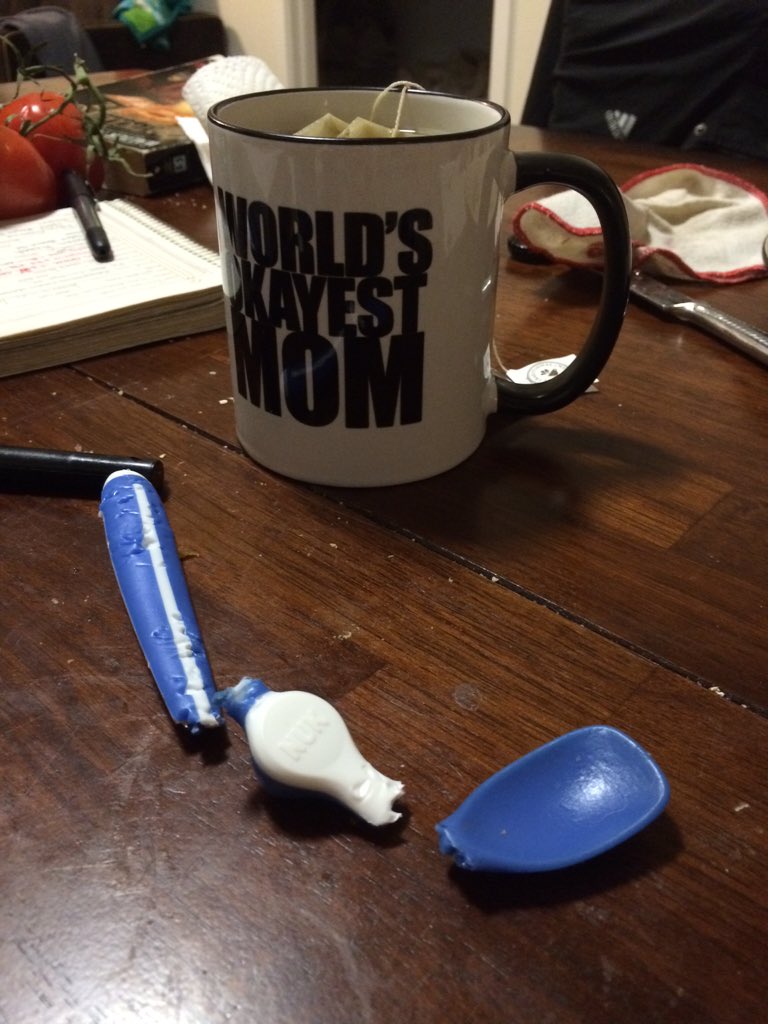On Monday, Oakland youth led 15,000 people in a peaceful march. As the protest began, a curfew was announced. As the shadows of tall buildings got longer, the police attacked. On Wednesday, sit-ins and spread-outs formed small pockets of adult and family dissent from the curfew across the Bay. The Anti-Police Terror Project boosted a suggestion from Senior and Disability Action for disabled, senior, and immune-compromised people to hold their signs in front of their own homes. The police restrained themselves to lurking.
Instead of marching, I taught my last synchronous Anthropology of Aging class of the quarter. Race had been largely absent from this version of the syllabus*, but the themes of contingencies that wear us out made it easy enough to conclude with race closer to the center. It wasn’t enough. I invited my students to stay for an optional extra hour to get more deeply into turning our course themes into activism on behalf of George Floyd, Breonna Taylor, and Tony McDade. When no one* came, I closed the Zoom window. It wasn’t enough.
My pedagogy is heavy on inquiry-based learning, attempting to create a space where students can take risks and make use of their funds of knowledge. I’m an academic, so it is easy to continue to build my library of BIPOC social scientists and work them into my syllabi. But because I came to academia through self-critique of my direct service and activism work, epistemology felt safer than action. So I have prioritized helping students understand epistemology over supporting them in taking resistant action. Activism needs to have a bigger place in my pedagogy. But it isn’t enough.
A friend of mine recently pointed out that non-Black people trying to act in solidarity “need to own the fact that we are making choices about which Black people, voices and leadership to center in moments of struggle … to be willing to exercise self-leadership that is informed by Black leadership AND one’s own convictions” and to be ready to “be wrong” about our actions without confusing that with approval-seeking.
I’m not sure I have either the humility or self-esteem she points out are necessary to walk that path. But here’s what I am sure about: it’s not a path I can walk alone. Approval-seeking is easy enough to do no matter how isolated a person is, but vulnerability and mutual aid need some kind of network. Unfortunately, I’m very new to the communities where I live, and I have very few people* in my life – BIPOC or white – who are intimate enough to want to check my racism. In the face of that dilemma, I have been trying to reason it out on my own with the depersonalized popular and scholarly resources that are widely available. Yikes.
Kant, who told us that the motto of Enlightenment is “Sapere aude!” (“have courage to use your own reason”), was not a fan of revolution. He called for the free thought and speech of scholars in the public sphere while affirming that in the private sphere, “one must obey.” I doubt Kant would have been very impressed with Colin Kaepernick.
But of the infinite arguments to be made with Kant, the one that inspired me most as a budding life course ethnographer was with his central metaphor: “to escape your self-incurred tutelage.” In other words, enlightenment is supposed to be growing up, becoming a full rights-bearing citizen by taking on the responsibilities of adultish reason rather than childish listening. His celebration of the contingent graduation from social childhood to adulthood was a key that unlocked my understanding of how the naturalization of age grades (life stages) synchronize private and public marginalization, particularly through the institutionalization of gender, race, and class. Enlightenment, and the ideas of progress and becoming that go with it, seemed to be nothing so much as the moment when a middle class white boy became a middle class white man granted the authority to make rational decisions for the rest of us.
Eventually, I came to see tutelage, the “inability to make use of [one’s] understanding without direction from another,” as a site of resistance. I no longer want to “grow up,” instead I want to grow old embedded in networks of care. I don’t aspire to throwing off the “yoke of my guardians” anymore, but I do want to rethink who my guardians are these days. My children, a couple of my neighbors, community leaders I want to know better, and, yes, some of my colleagues, too. I want to replace my search for approval with my work to merit the trust of my network.
When I march, or sit in, or teach, I pay close attention to how those near strangers are reading me and I hope I am avoiding their disapproval. That world of approval-seeking has remained separate from my world of true accountability. At home it is the care and need of household members, not their approval, that shapes the ongoing patterns of my actions. Their lives matter to me in a way that the lives of acquaintances do not. I aspire to intimacy and my efforts are endlessly fallible and incomplete at best. But that is the work, and so I do it.
This Fall, as I begin the next round of improving my syllabi with the new things I’ve learned, I will be working to let my own inquiry be much more in the service of the actual lives who have mattered and do matter to me. It won’t be enough, but it is the work.









